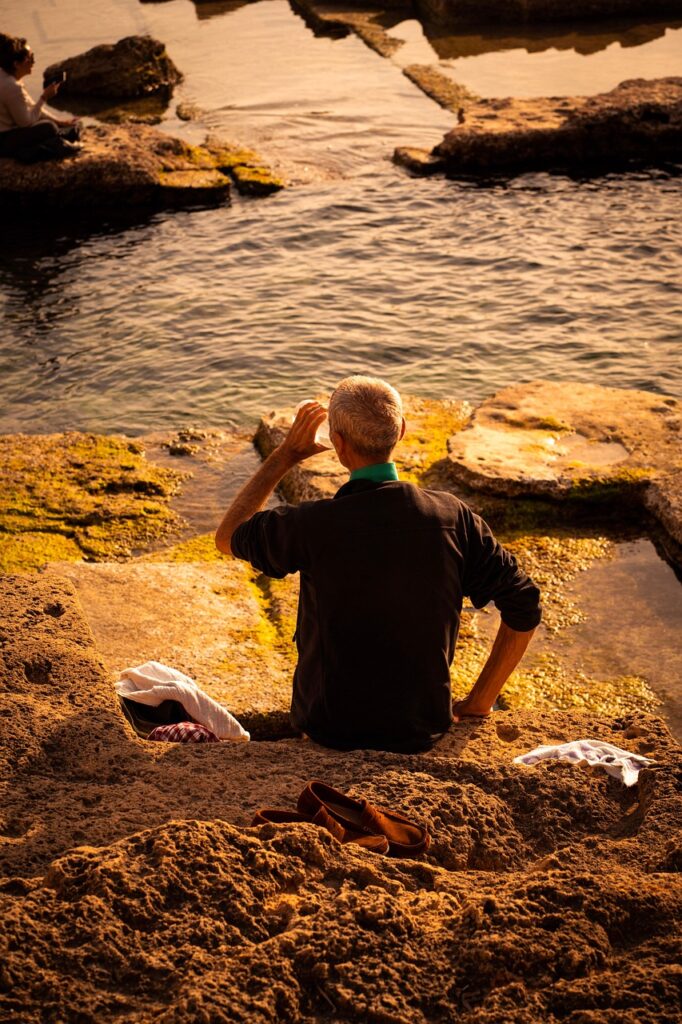Vacations are meant for relaxation and adventure—but they can also unleash our wild side. Whether it’s a momentary lapse in judgment or a full-blown misadventure, many travelers look back with equal parts embarrassment and amusement at their holiday antics. Drawing on dozens of firsthand accounts, studies of travel psychology, and expert insights, here’s a deeper dive into the most common “worst” behaviors on vacation—and how to avoid them.

Common Vacation Misdeeds
- Overindulgence in Alcohol
- Stories: From stumbling home at dawn after one too many beachfront cocktails to causing a scene at a local bar, overdrinking tops the list of regrets.
- Why It Happens: Vacationers feel liberated from routines and responsibilities, leading to lowered inhibitions.
- Expert Tip: Alternate every alcoholic drink with water, set a nightly limit, and designate a “DD friend” group chat.
- Cultural Faux Pas
- Stories: Laughing too loud in temples, wearing beachwear to sacred sites, or misunderstanding tipping customs.
- Why It Happens: Tourists often research minimal etiquette but slip up when tired or distracted.
- Expert Tip: Learn one key local custom per day and carry a small etiquette cheat-sheet in your pocket.
- Impulse Purchases and Theft
- Stories: Buying “just because” in souvenir shops then overspending—or shoplifting a T-shirt in a moment of daredevil curiosity.
- Why It Happens: Novel environments trigger impulsive behavior; the “souvenir high” can turn to guilt later.
- Expert Tip: Create a strict souvenir budget, leave your wallet at home when browsing, and remember the cost of a stolen item far exceeds its sticker price.
- Romantic Recklessness
- Stories: Hookups that ended badly, cheating on partners, or falling for “vacation romance” schemes.
- Why It Happens: Being in paradise can blur boundaries, and perceived anonymity emboldens risky choices.
- Expert Tip: Reflect on your relationship status before traveling; if single, set clear intentions to avoid heartache.
- Breaking Local Laws
- Stories: Driving without a license, ignoring age-limit regulations for alcohol, or unknowingly crossing borders into restricted areas.
- Why It Happens: Tourists often assume rules “don’t apply” or misinterpret signage in a foreign language.
- Expert Tip: Spend 10 minutes on the embassy’s website to review do’s and don’ts, and carry a printed summary of local legal quirks.
- Environmental Negligence
- Stories: Leaving trash on nature trails, touching coral reefs, or feeding wildlife for photos.
- Why It Happens: A sense of disconnect—“it’s not my backyard”—leads to careless behavior.
- Expert Tip: Embrace Leave No Trace principles: pack out what you pack in, and admire wildlife from a respectful distance.

The Psychology Behind “Doing Bad”
- Vacation Mindset: Breaks from routine lower self-control. Research shows that even a short trip can temporarily weaken decision-making.
- Anonymity Effect: Feeling “off the grid” can embolden behaviors one wouldn’t risk at home.
- Thrill Seeking: Novelty and adrenaline drive some to push moral or legal boundaries, mistaking risk for excitement.
How to Travel—and Behave—Responsibly
- Set Personal Boundaries: Decide in advance what’s off-limits (e.g., no drinking after midnight).
- Buddy System: Travel with friends who can call you out when you veer off course.
- Mindful Reflection: Take a daily moment—perhaps over coffee—to journal your actions and adjust plans accordingly.
- Local Engagement: Volunteer or take a cultural workshop early in your trip to build respect and understanding.
- Emergency Plan: Know local emergency numbers and have travel insurance that covers unexpected legal or medical costs.
Conclusion
We all crave a break from our usual selves when on holiday—but a little foresight can spare you the regret of “What was I thinking?” By understanding the common pitfalls—from overdrinking to petty rule-breaking—you can have the adventure of a lifetime without the cringe-worthiest memories. Travel smart, respect your hosts, and you’ll return home with stories you’re proud to tell.
Frequently Asked Questions (FAQs)
Q1: Is it normal to make mistakes on vacation?
Yes—vacations lower inhibitions and thrust us into unfamiliar settings, making slip-ups common. The key is to learn and move on.
Q2: Can travel insurance cover legal troubles abroad?
Standard policies often exclude legal issues, but some plans offer “bail bond” coverage. Read the fine print before you buy.
Q3: How do I research local laws quickly?
Check your government’s travel advisory website and note any warnings under “Local Laws & Customs.”
Q4: What’s the best way to avoid cultural mistakes?
Enroll in a brief cultural-etiquette class or download a reliable travel-etiquette app before departure.
Q5: How do I reel in spending urges?
Use a prepaid travel card with a strict limit for souvenirs and impulse buys; leave credit cards in the hotel safe.
Q6: When is it OK to let loose?
Set a clear window—such as one “no-rules night”—then return to mindful travel the next day to balance fun and responsibility.

Sources Santa Fe News Mexican


